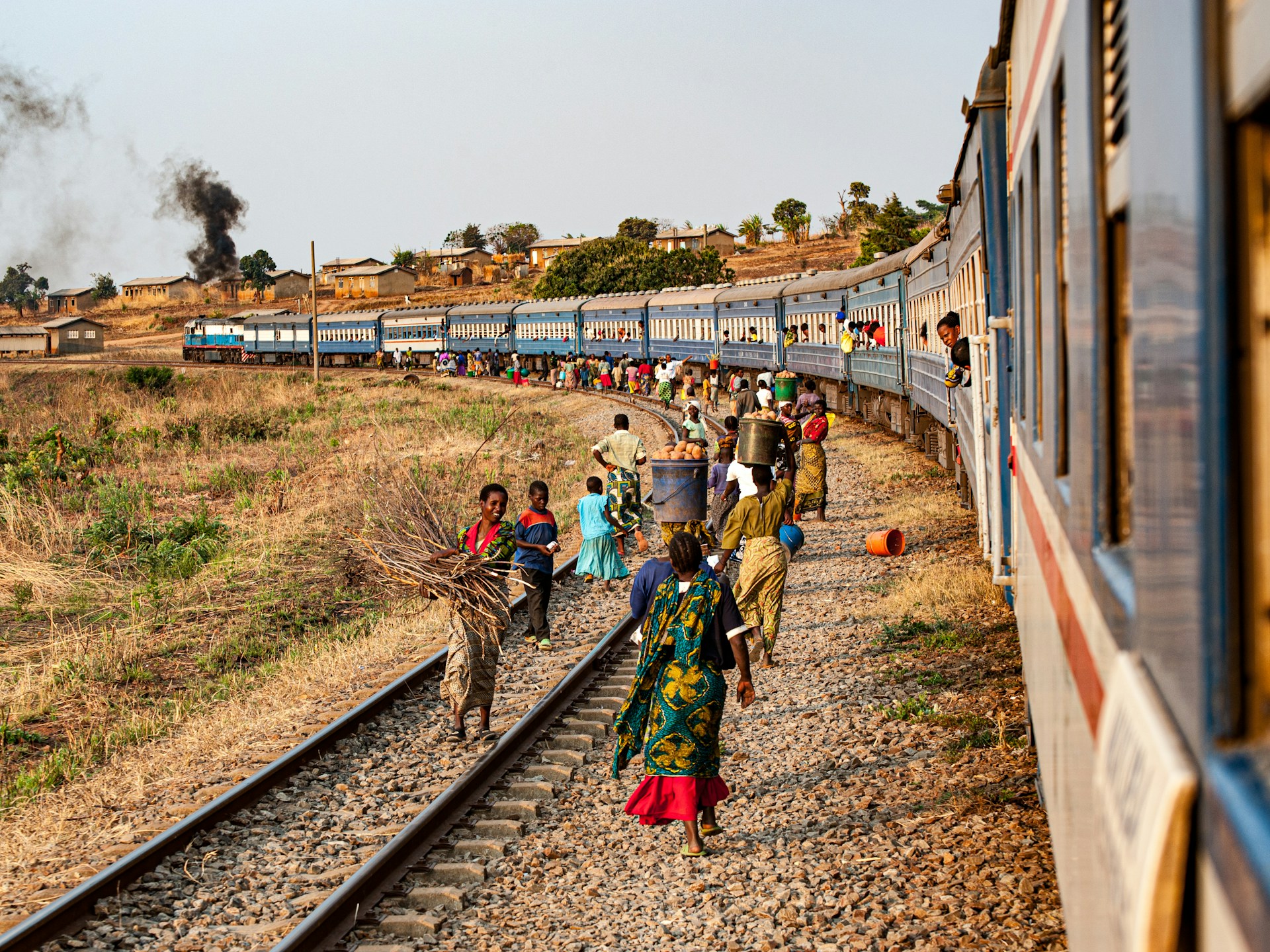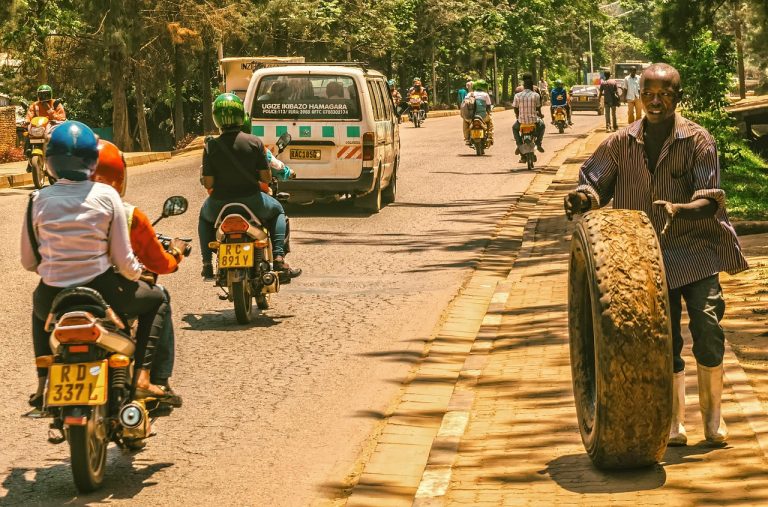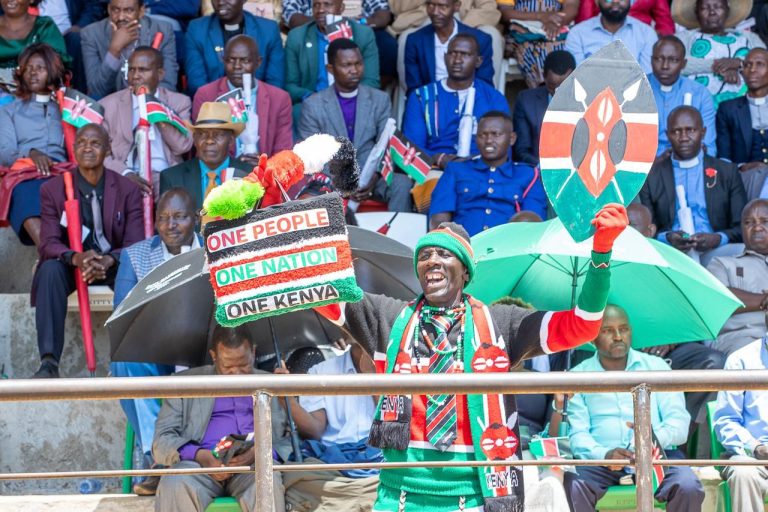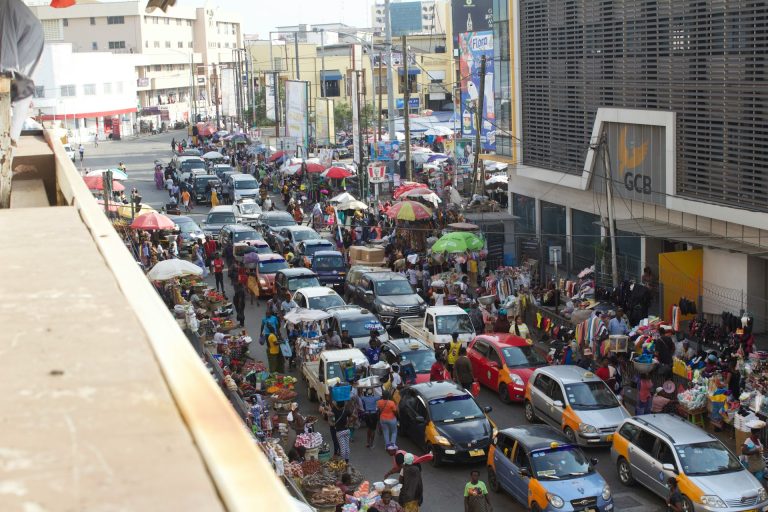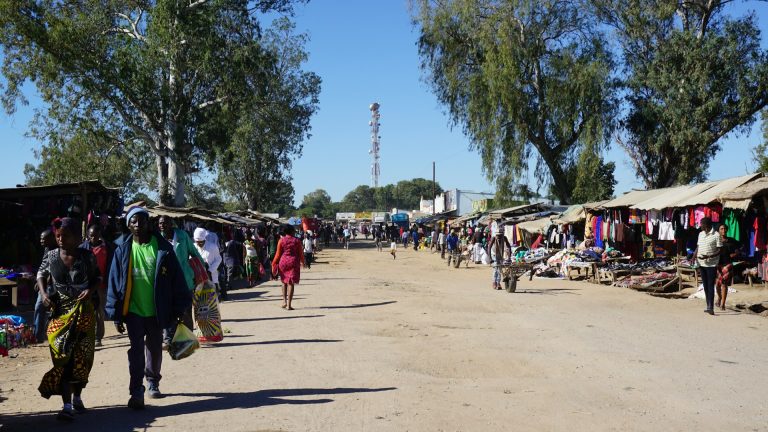- China inks $1.4bn TAZARA deal to rival Western-backed Lobito Corridor
- Revitalised railway to boost regional trade and copper exports
LUSAKA, ZAMBIA – China signs a $1.4 billion agreement with Zambia and Tanzania to revitalise the ageing Tanzania–Zambia Railway Authority (TAZARA), signalling a fresh bid by Beijing to counter Western influence in Africa.
The project, led by China Railway Construction Corporation (CRCC), marks a major comeback for Beijing in African infrastructure. The TAZARA line, originally built by China between 1970 and 1976, has long deteriorated due to years of underfunding and poor maintenance.
Under the new deal, CRCC will inject $1.4 billion into TAZARA’s recapitalisation, including an initial $1.1 billion investment and $238 million in reinvestments. The revitalisation plan covers the rehabilitation of the track from Dar es Salaam to New Kapiri Mposhi, overhaul of major workshops, maintenance of the existing line, and procurement of 34 locomotives, 16 passenger coaches, and 760 wagons.
Zambia’s Transport and Logistics Minister, Frank Tayali, hailed the project as a symbol of renewed cooperation and regional ambition. “The project represents more than railway restoration,” he said in a statement. “It is a vision of regional integration, economic growth and shared prosperity.”
Tayali added: “This agreement is about giving farmers, traders and industries a lifeline that connects them to markets across borders and beyond. It is also about creating opportunities for young people, building TAZARA’s capacity and strengthening the bonds of friendship among nations.”
He urged all stakeholders to ensure the agreement translates into “tangible progress and visible impact” that benefits both nations and the region.
Competing visions for Africa’s transport future
The TAZARA project comes as Western powers back the Lobito Corridor, a rival trade and transport initiative linking Angola, Zambia and the Democratic Republic of Congo to the Atlantic coast. Analysts see Beijing’s renewed investment as part of its effort to maintain strategic influence in Africa’s resource corridors amid increasing Western competition.
Development economist Victor Chilufya said the recapitalisation is vital for Zambia’s economic ambitions, especially as the country seeks to expand copper exports. “The country needs such critical transport infrastructure to make the export of copper and raw material more cost-effective,” he told Allen Dreyfus.
Chilufya welcomed the decision to pursue the deal independently of the Lobito Corridor project. “Africa needs a mix of partnerships to achieve economic milestones,” he said. However, he urged the three governments to “avail more details of the agreement to promote transparency and accountability.”
Tanzania’s Minister of Transport, Professor Makame Mbarawa, said the project would boost trade and job creation across both countries. “This deal has the potential to create thousands of jobs and stimulate economic activity in Tanzania and Zambia,” he said.
With China once again laying tracks across Africa, the TAZARA revitalisation signals not just a restoration of a historic railway – but a new phase in the global contest for Africa’s economic arteries.
